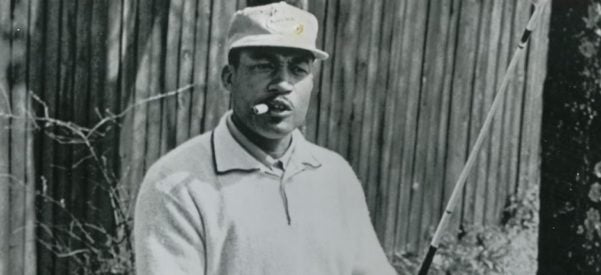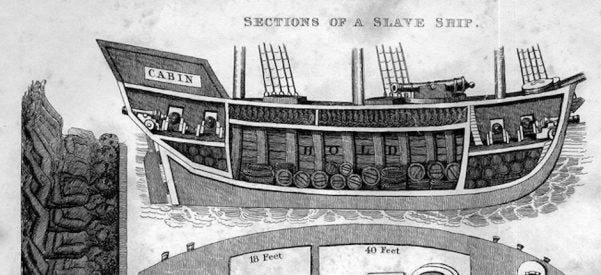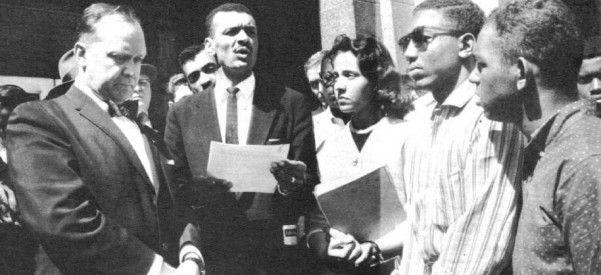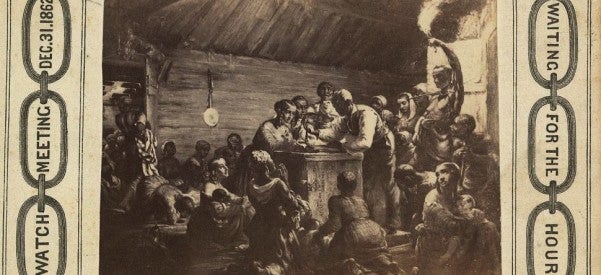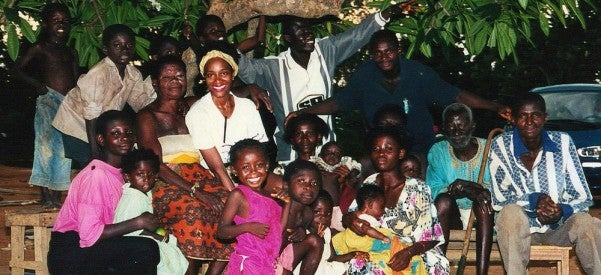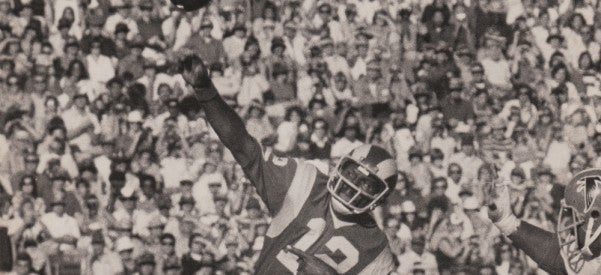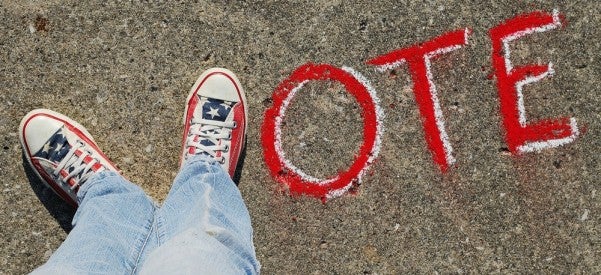Explore
: African-American
After Being Excluded From Professional Golf Tours in 1913, Elite Black Players Founded the United Golfers Association
by Lane Demas
March 7, 2019
In 1951, as a renewed civil rights movement dawned in America, African-Americans from around the country gathered in Atlanta for the annual convention of the National Association for the Advancement of Colored People (NAACP). There they heard from important black leaders of the period, including Thurgood Marshall, Roy Wilkins, Mary McLeod Bethune, and Benjamin Mays.
But then some of the delegates did something curious. They boarded busses, headed to the New Lincoln Country Club, Atlanta’s black golf course, and watched the …
Read More >
The Tragedy of Treating People as Property Has Left Only Scattered Scraps to Hint at Their Cultures and Communities
By Sean Kelley
August 18, 2016
For the past eight years I’ve been living with 72 people. These 28 men, 25 women, 12 girls, and seven boys are long dead—they were Africans sold into captivity and shipped to America in the mid-1700s. It’s generally accepted that a factual account of their experience—like almost all Africans enslaved in America—is beyond recovery. Even Roots blended fact and fiction into something its author referred to as “faction.”
But thanks to laborious archival research and the linking of two rare and …
Read More >
The Film May Have Focused on Martin Luther King, But Diane Nash Was the Reason He Was There in the First Place
By Christopher Wilson
February 12, 2015
If you watched the film Selma, you met Diane Nash when you saw her driving with Martin Luther King, Jr., into the Alabama town early in 1965. King’s organization, the Southern Christian Leadership Conference, had just begun to stage demonstrations to illustrate the need for federal forces to protect African-Americans exercising their right to vote in Selma, and throughout the former Confederacy.
Nash, somewhat surprisingly, stays in the background throughout much of the film—though an FBI field report excerpt flashed on …
Read More >
The Emancipation Proclamation Inspired New Year’s Celebrations That Endure to This Day
By Christopher Wilson
December 30, 2014
For young Ed McCree, enslaved on a thousand-acre Georgia cotton plantation, Christmas and New Year’s Day 150 years ago were like no other he had ever known. This child and the other men and women in bondage had always cherished Christmas. There was a week off from the unrelenting and ruthless work in the fields and barnyards; young pigs and cattle were slaughtered; and peaches and melons, still sweet from the summer, were pulled from the wheat straw and cottonseed …
Read More >
Surrounded By Faces Like Mine, I Connected Not with My Long-Ago Ancestors But with My American Home
By Janice Rhoshalle Littlejohn
December 1, 2014
As I stood in the humid, dank cell, I found myself hesitating a bit, peering down into the cavernous doorways of the male slave dungeon of Ghana’s Cape Coast Castle. It was April 2001, more than a decade before President Obama would visit there. The worn brick-lined corridors told eerie tales of thousands of African captives held in cramped spaces, sometimes for months, standing shoulder-to-shoulder in their own excrement. That excrement, after 200 years, had hardened and raised the floor …
Read More >
How James Harris Changed the NFL’s Marquee Role
By Samuel G. Freedman
September 22, 2014
An hour or two before kickoff on the night of August 15, 1969, a rookie quarterback named James Harris noticed a well-dressed man about a foot shorter than him approaching through the tunnel beneath Detroit’s Tiger Stadium. His 5-foot-4 height notwithstanding, the man was a former NFL running back named Buddy Young. More to the point of this encounter, Young was now the first black executive in the league’s front office.
Read More >
It’s Hard Not to Go to the Polls When a Generation of African-Americans Risked—and Sometimes Lost—Their Lives to Get You There
By Jocelyn Y. Stewart
September 22, 2014
When we were growing up in South Los Angeles, my siblings and I often heard my dad’s impromptu sermons about matters of importance: the value of education, the perils of purchasing on credit, the virtue of hard work, and the dire necessity of voting.
Read More >


